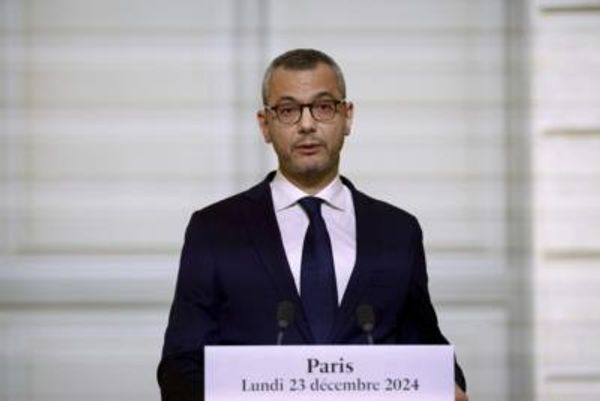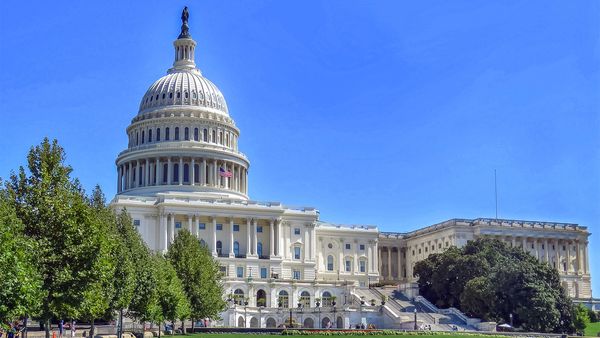
As we learn more about the havoc created by the now-collapsed Sydney development company Toplace, the reaction of the NSW government looks increasingly inadequate. In particular, that of Premier Chris Minns seems decidedly underwhelming.
In response to the placing of Toplace into administration, Minns’ response yesterday was a tepid urging of fugitive owner Jean Nassif to “make himself available to investigators in NSW so that we can find out exactly what he’s done in this state and what his potential liabilities are”. Minns urged the victims of Toplace’s collapse — creditors, buyers who’ve paid deposits, and owners of unliveable apartments — to register with the administrators. “We need to allow those administrators to undertake their work.”
Not exactly thrusting, dynamic and leader-like.
Minns had nothing to offer about providing buyers of new dwellings greater assurance about building quality, purging the development sector of crooks and spivs or taking further steps to eliminate the political influence of developers.
Bizarrely, as a fresh-faced premier, he could have done so while criticising the NSW Coalition for its alleged links with Toplace, for moving too late to address the rampant problem of building defects in new developments, and for the efforts of Coalition figures to undermine the building commissioner under the previous government.
It’s a similar reaction to Minns’ efforts to ostentatiously distance himself from the extraordinary NSW Independent Commission Against Corruption (ICAC) findings of corrupt conduct by Gladys Berejiklian. On the release of ICAC’s report on Daryl Maguire and Berejiklian, Minns seemed to think the real problem was with ICAC, and said he wanted to reform it.
Labor supporters will interpret Minns as exhibiting a statesman-like refusal to engage in standard political mudslinging, preferring the lofty moral heights of focusing on the issues rather than attacking his opponents. But in both cases, an ulterior motive is clear. The ICAC report focused attention not merely on Berejiklian’s and Maguire’s misconduct but on the willingness of her government to engage in the allocation of taxpayer money for partisan purposes — something that Labor, now that it’s in government, might find a lot less repugnant than when in opposition. And Minns is clearly uncomfortable with the standard set by Berejiklian, and an array of Coalition ministers over the past decade, of standing down when under investigation by ICAC. Minns said he thinks ministers should not stand aside, now that he’s in office.
On development, Minns has made it clear that he favours expanding high-density building as the solution to the escalating unaffordability not merely of house prices but of rents. The collapse of Toplace, which confirms every home buyer’s suspicions about property developers, is an uncomfortable truth for politicians on all sides who think getting out of the way of developers is a solution to housing supply. No wonder there was a “nothing to see here, everything’s under control” tone to Minns’ response.
And yesterday Minns finally announced the go-ahead of the pointless cashless poker machine trial — and revealed the trial report wouldn’t be until November 2024.
The trial was always a delaying mechanism for Labor’s gambling industry donors, and it will deliver in spades. The November 2024 delivery date guarantees there’ll be no reform until the beginning of 2025 at the earliest. With a likely phase-in being recommended, it means cashless poker machines won’t be seen at least until the late 2020s, giving the industry several more years to make a fortune from gambling addicts.
The previous Coalition government had some profound flaws — John Barilaro being top of the list — but under Dominic Perrottet and Matt Kean it set a standard for integrity reform and willingness to take on the gambling industry that few others have matched. Minns and his government, on the other hand, are looking more and more like business-as-usual NSW Labor.







